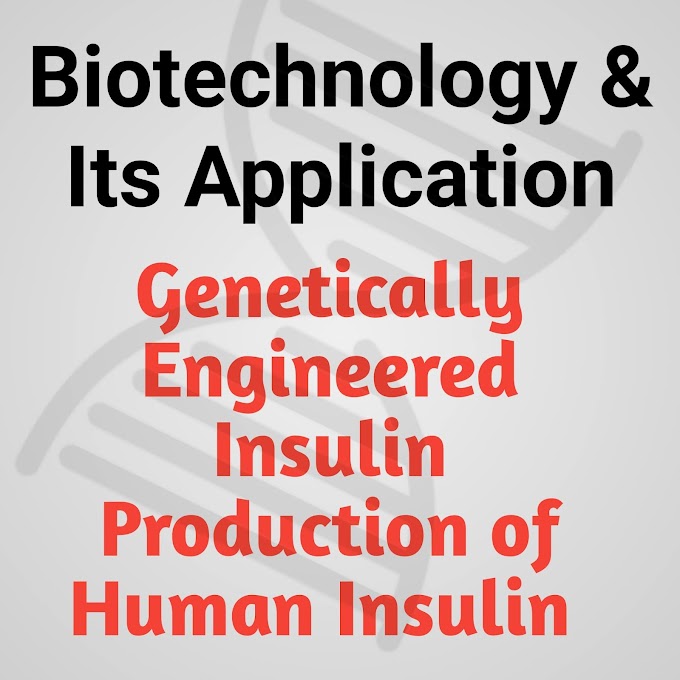👉 NEET Biology Examination
👉 NEET Biology Tips
👉 NEET Biology Study Material
👉 UGC Net Study Material
Regulation of Cardiac Activity
Nervous Regulation.
Chemical Regulation
- Sympathetic nervous system accelerates the heart beat.
- It constricts arteries that raises blood pressure.
- Parasympathetic nervous system slows heart beat.
- It dilates arteries and lowers blood pressure.
- These parasynpathetic nerve fibres travel through vagus ( X ) cranial nerve
- Baroreceptors or pressure - receptors are nerve endings that lie in the walls of arteries.
- Baroreceptors are extremely abundant in
- The wall of each internal carotid artery slightly above the carotid bifurcation , an area known as the carotid sinus, and
- The wall of the aortic arch.
- The baroreceptors respond rapidly to changes in arterial pressure.
- A rise in arterial pressure stretches the baroreceptors and causes them to transmit signals into the central nervous system. " Feed back " signals are then sent back through the autonomic nervous system to the circulation to reduce arterial pressure downward to wards the normal level.
- The signals are transmitted from each carotid si nus through very small Hering's nerve to the glos sopharyngeal nerve and then to the tractus solitarius in the medulla oblongata of the brain.
- Signals from aortic arch are transmitted through the vagus nerves also to the same area of the medulla oblongata.
- The substance secreted at the ending of the vasoconstrictor nerves is called norepinephrine ( noradrenaline ).
- Norepinephrine is (= nor- adrenaline) also secreted by the medulla of the adrenal endocrine glands.
- Norepinephrine regulates the blood pressure under normal conditions.
- It causes con striction of essentially all the blood vessels of the body . Another hormone called epinephrin:( adrenaline ) is also secreted by the medulla of the adrenal endocrine glands.
- This hormone is also carried in the blood stream to all parts of the body, where it also acts directly on and blood vessels; usually to cause vasoconstriction.
- Epinephrina has a greater effect on heart activity than norepinephrine.
- It also causes weak constriction of the blood vessels of the muscles in comparison with a much stronger constriction that results from norepinephrine.
- Thus adrenal medullary hormones increase the heart beat.
========================================
Mail- indiabiologymanishmevada@gmail.com







Please do not enter any spam link or word in the comment box